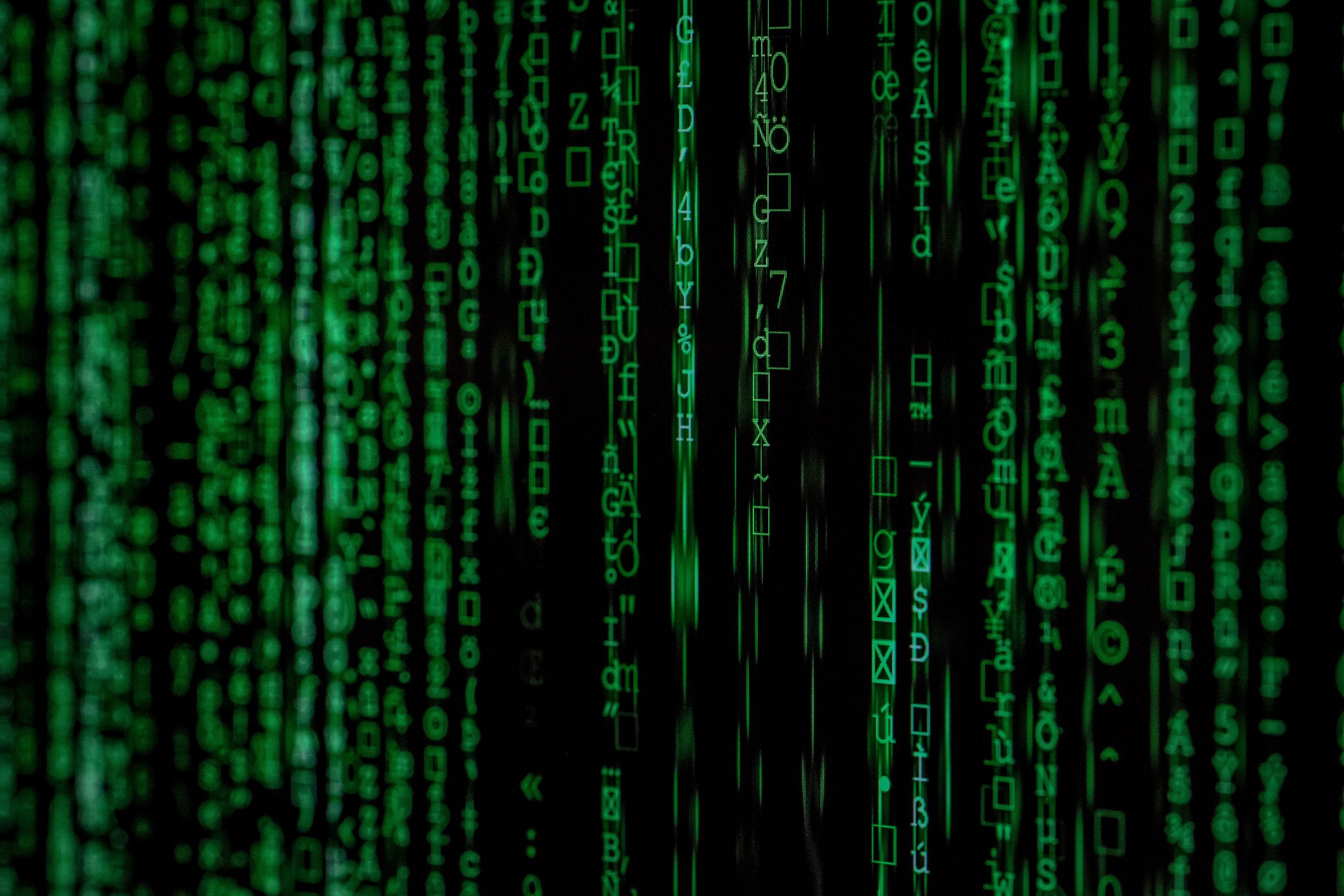Given both the internet’s universality and the anonymity it provides, it is flooded with mysteries, some revealed to simply be the works of artists, others the digital footprints of genuinely disturbed individuals. But predating the canon of internet mysteries—Cicada 3301, Lake City Quiet Pills, etc…—was the Markovian Parallax Denigrate, referred to on Wikipedia as “one of the first great puzzles on the internet.” While the mystery was unsolved for over 20 years, someone—Cipher Mysteries—may have finally cracked the case.
What Is the Markovian Parallex Denigrate?

The Markovian Parallex Denigrate was a series of enigmatic messages posted to Usenet on August 5, 1996. For those unaware, Usenet was a primitive discussion system that operated like a modern forum, allowing users to post chronologically ordered comments. It contained multiple “groups,” which catered to the differing interests of users.
Unlike modern forums, however, Usenet’s spam regulations were almost nonexistent. So when the MPD posts began, many were quick to assume they were the work of an early troll, spamming nonsense for the sake of what we would today call “the lulz.”
Why the Name “Markovian Parallex Denigrate”?

Hundreds of messages were posted to Usenet; these messages contained seemingly unrelated word blocks that some have likened to bad slam poetry. An example includes:
“jitterbugging McKinley Abe break Newtonian inferring caw update Cohen air collaborate rue sportswriting rococo invocate tousle shadflower Debby Stirling pathogenesis escritoire adventitious novo ITT most chairperson Dwight Hertzog different pinpoint dunk McKinley pendant firelight Uranus episodic medicine ditty craggy flogging variac brotherhood Webb impromptu file countenance inheritance cohesion refrigerate morphine napkin inland Janeiro nameable yearbook hark”
The only commonality between the messages was a cryptic subject line: “Markovian Parallex Denigrate.”
The Prevailing Theories As to the Meaning of the Markovian Parallex Denigrate Messages

As previously stated, many assumed that the messages were an early example of trolling, an anonymous person manipulating his fellow Usenet denizens into believing this was something more significant than it really was. If this was the case, people certainly took the bait, as others speculated that the messages were parts of a secret code, comparing them to the broadcasts of the Cold War numbers stations. Multiple attempts to crack the supposed code—or even find some kind of cipher—have since proven fruitless.
In more recent years, a third theory emerged. It states that the messages were the product of some developer’s early attempt at creating a bot. Believers in this theory cite the similarity between the word “Markovian” with the calculating process known as a “Markov chain,” which is used to program chatbots.
The Susan Lindauer Red Herring
What is the Markovian Parallax Denigrate? It’s an enduring question for the ages, or a simple case of nothing much at all, depending on whom you ask. https://t.co/LLNxhA1mJv
— Atlas Obscura (@atlasobscura) August 30, 2019
Purveyors of the secret code theory usually point to one person as being responsible for the messages: Susan Lindauer. For those unaware, Susan Lindauer was a former U.S. Congressional staffer who was charged with “acting as an unregistered agent of a foreign government” during the run-up to the 2003 invasion of Iraq. Basically, she was a spy.
But what ties Susan Lindauer to the MPD mystery? Well, every Usenet message had an email address attached to it, and an email attached to one of the MPD messages was susan_lindauer@… However, the connection to the CIA asset Susan Lindauer was debunked in 2012, when writer Kevin Morris discovered that the email account attached to the Usenet message had belonged to a different Susan Lindauer. It, along with every other email address used to post the messages, had likely been stolen.
The Anticlimactic Truth of the Markovian Parallex Denigrate

Despite the grandiose mythos surrounding the Markovian Parallex Denigrate mystery, its solution is not difficult to ascertain. To find the complete list of MPD messages, you will have to visit Google Groups, Google’s archive service for Usenet. In the alt.religion.christian.boston-church news group, search for messages posted on August 5, 1996, and you will see all of the MPD messages, the majority of which are falsely thought to be lost to time. According to a Cipher Mysteries analysis of the messages, the messages “are completely consistent with purely random distribution,” implying that they were indeed the product of a spambot.
Search in the same news group for posts made two days later, and you will see a message from one Catherine Hampton reading, “I have personally verified that the following newsgroups have been hit by the current random-text vertical spam:
“News admin net-abuse.misc
Alt.religion.christian
Alt.religion.christian.boston-church
Misc.education.homeschool.christian
Pdaxs.religion.christian
Rec.music.christian
Uk.religion.christian…
“I have also been mailbombed by this idiot…”
What Does It All Mean?
Clearly, the MPD messages were not as widespread as legend has made them out to be. They were not posted “across Usenet.” Rather, they were posted almost exclusively to groups catering to Christians. Yes, behind the MPD messages was a troll using a spambot for no reason other than to annoy religious people.
The mystery of the Markovian Parallex Denigrate is a real-world example of a game of telephone. What was in reality nothing more than the almost effortless work of a troll has since been blown out of proportion, with web sleuths insisting that inane blocks of texts were posted publicly by a real-world spy.







